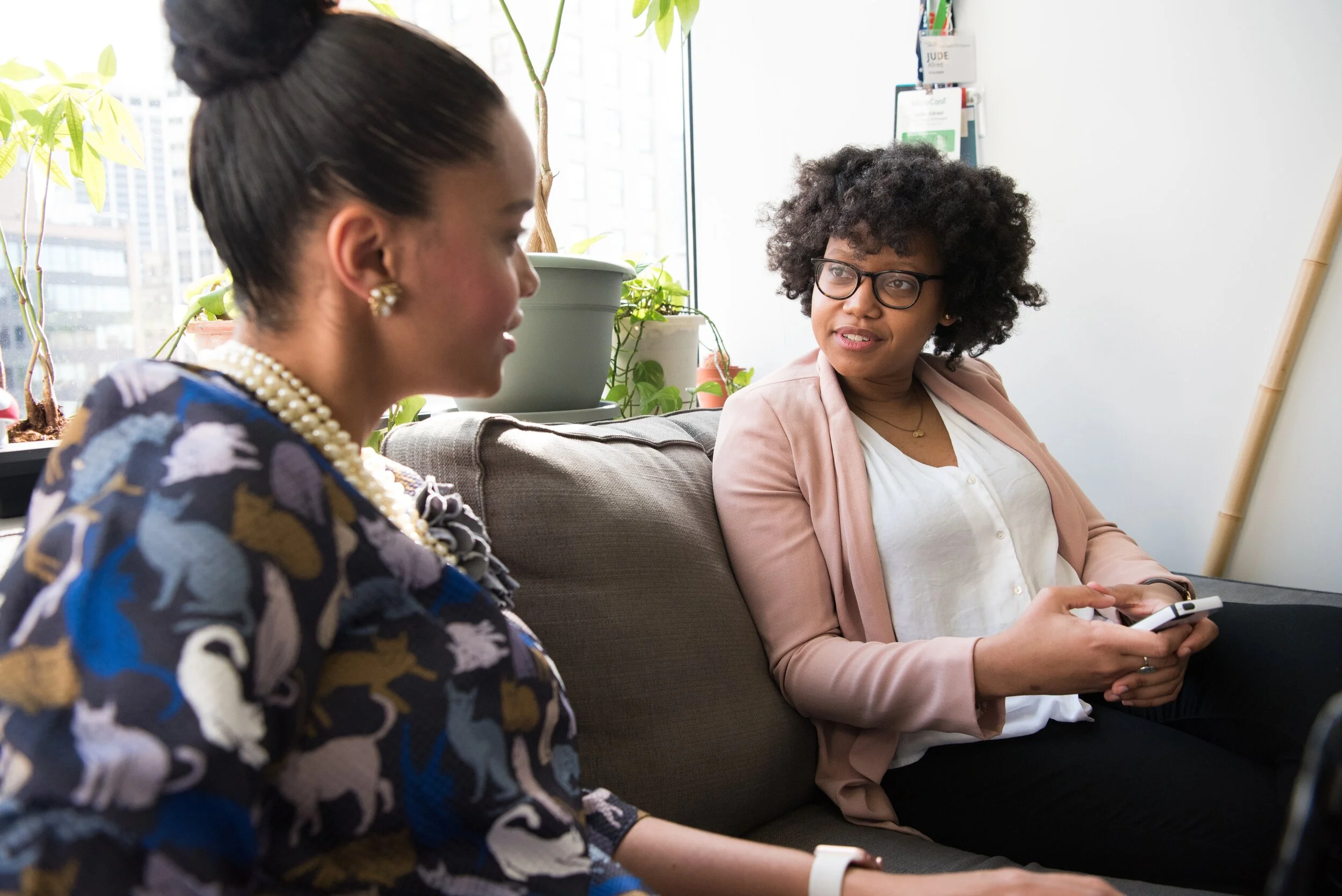Infertility is a physical problem, but it has ramifications that go far beyond the physical. God gave us not just a body, but a mind, heart, and soul (Matthew 22:37). He gave us cognition and emotion, and that’s a good thing. In the wake of a fallen world though, the far-reaching and painful effects of infertility are found even in the depths of our complex minds and emotions. Unseen to the outside world, we often suffer this pain in silence.
But silence hurts us even more.
Anxiety is real. Depression is real. Grief is real. Emotions and mental distress are real. We aren’t crazy when we experience these things; we’re just surviving by trying to cope with a devastating diagnosis. God created our bodies with an internal alarm that sounds when we are distressed or in danger, triggering us to respond in whatever way will keep us safe. So, when we’re told we can’t birth children, the pregnancy test is negative, or the adoption falls through, our bodies feel threatened. This can manifest in many ways, such as ruminating thoughts, losing sleep, isolation, withdrawal, anger, avoidance, sadness, or hopelessness.
Though long-held stigmas about infertility and mental health are beginning to lessen, they still exist.
Therefore, we can feel afraid to be vocal about the chaos and darkness lurking in our minds, hearts, and souls. We think people won’t get it (and they often don’t); we aren’t sure who can help; and perhaps we’re so focused on our physical strain, we don’t have the resolve to seek help for mental and emotional pain.
Infertility touches some of the most significant areas of our everyday lives. It can exhaust finances, strain relationships, make sex more of a calculated task than an intimate connection, and force us to take time off work for appointments and procedures, among many other things. These create anxiety, depression, stress, or other forms of mental pain. As if that’s not enough, mental pain can circle back around and create even more physical disorder. We may feel nauseous, lack focus, lack appetite, overeat, feel lethargic, or have problems sleeping. And that’s not an exhaustive list.
Even though it’s hard, seeking help is a wonderful way to care for yourself. Seeing a counselor for therapy or talking to your doctor about medication are not shameful things. They are tools we can use to help care for our whole bodies.
In my practice as a professional counselor, one of the things I hear most often in a client’s first session is, “I should have started this years ago.” It breaks my heart every time. But I’ve been there, too. I remember when I started seeing a counselor following a miscarriage from our first embryo transfer. After the necessary intake questions, she gently said, “Okay, you have the floor.” I burst into tears as I verbalized our infertility journey. At that moment I knew I should have come much sooner. I felt my toes dip into a pool of release—from holding onto things I didn’t need to hold alone. And soon I would dive in.
God has graciously provided ways to care for all of ourselves. So, ask yourself honestly, what it is you need right now? Pay attention to your mind and body. Pay attention to your emotions. Could you use some help to explore, feel, heal, and make meaning from what’s going on? Might you benefit from learning some coping skills or considering medication? Or maybe you’d just like to talk to someone unbiased and removed from your life—someone who sits in a safe space where you can be vulnerable and honest.
Above all else, meditate on God as your great and perfect Counselor (Isaiah 9:6; John 14:26). When we are in deep mental and emotional anguish, God sees us, hears us, and cares for us. He wants us to thrive, and in His Word, we find precious truths on which to meditate. It doesn’t mean our pain will immediately dissipate, but rather that we have a firm foundation to stand on as we heal.
Singer-songwriter JJ Heller penned a song that has resonated with me for a long time, called, “Have Mercy On Me,” and she wrote it about her struggle with severe anxiety. Here are some of the words I echo, “I’m trying to remember what life was like before… panic moved in without even knocking on the door… Have mercy on me, Jesus, please. I’ve been praying and asking you to take it all away. You never do exactly what I say… I know it’s not because I don’t love you enough. It’s how you choose to speak to me.”
We don’t have mental and physical health issues because God doesn’t love us. We have them because it’s the reality of the curse of the Fall in Genesis 3. But the reality of the Fall illuminates the riches of the Gospel. The Gospel tells us Christ defeated the curse and He redeems all of our pain. Our experiences are not in vain. And one day, our bodies will be made new, with no disorder of any kind. Chaos will become order, in nature and in us, physically, mentally, and emotionally. Until then, we have options for help. Reach out to a friend, to a counselor, to a doctor, to a support person, and most importantly, to Jesus. You don’t have to do this alone.
Kelly Ottaway is a contributor for WiH and enjoys ministering to others dealing with infertility, loss, and waiting. Kelly is a Licensed Professional Counselor and lives in Ontario with her husband and their two children who were adopted as embryos. Kelly enjoys writing, especially about infertility, mental health, theology, and gardening.







